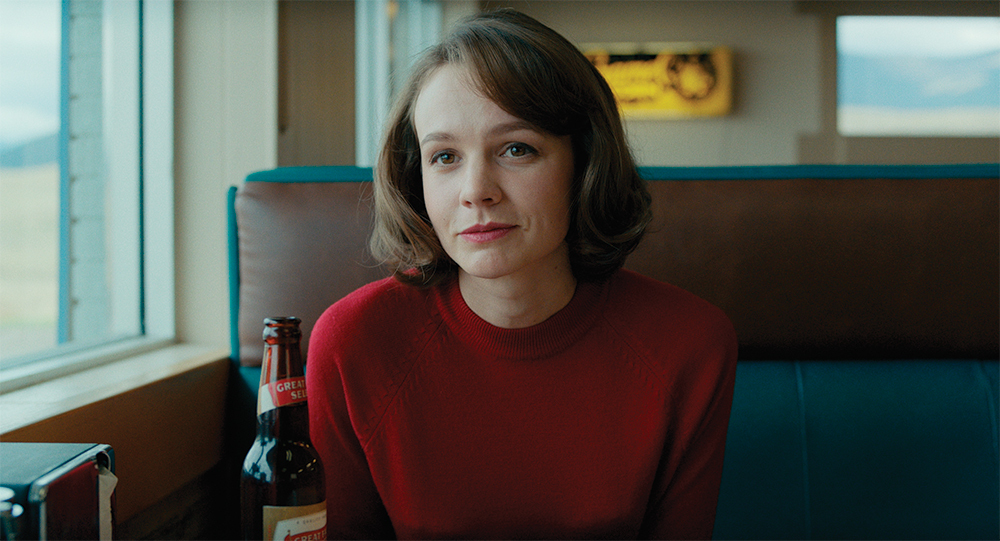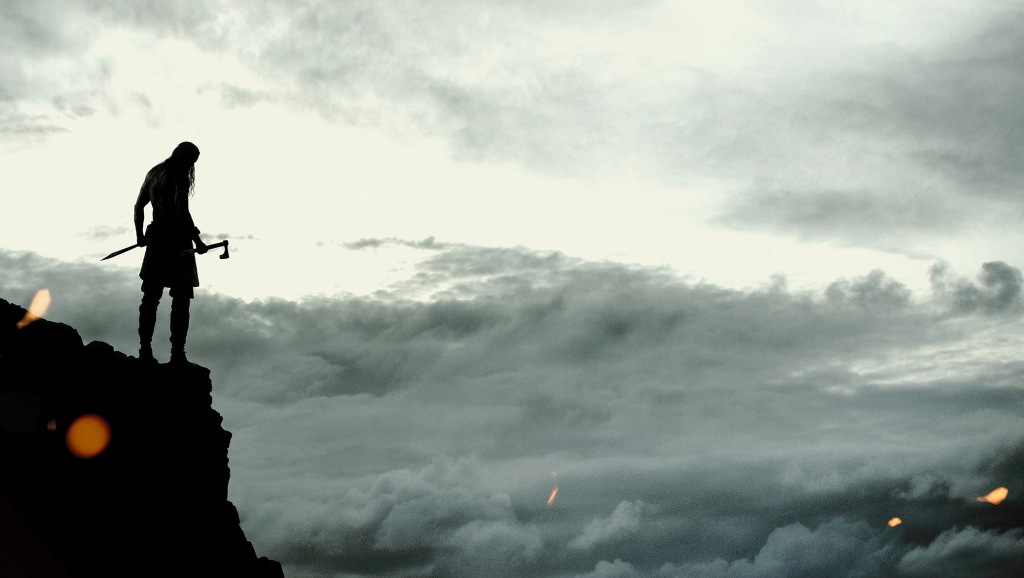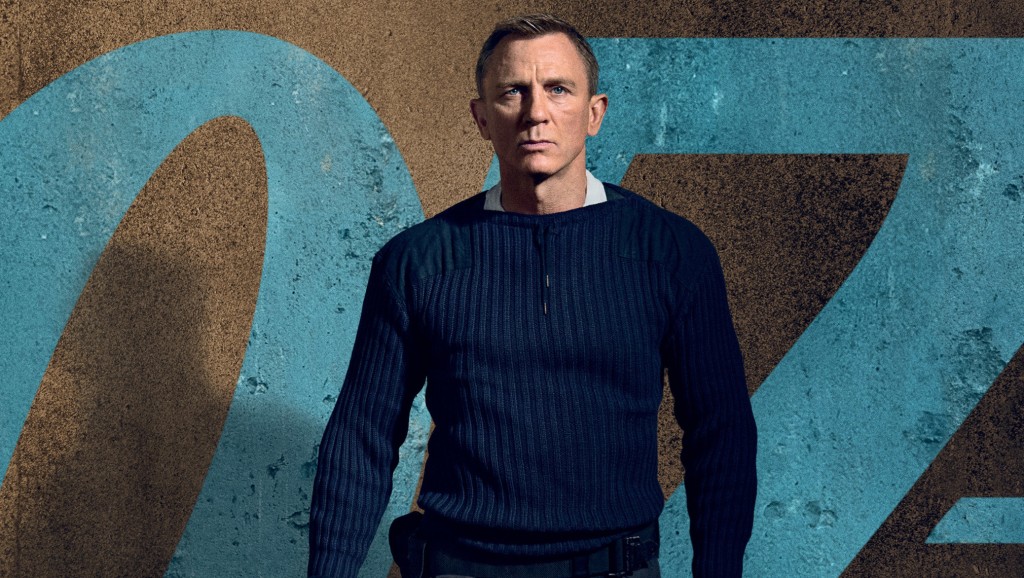Adapting Richard Ford’s most recognised novel must have been a challenging experience for Paul Dano, imbued with its complex themes of 50s America, gender roles and life expectations. But through Wildlife’s profound scrutiny of those themes, Dano develops a captivating reality that makes it very difficult to take your eyes off the screen.
Wildlife is a familiar story told a thousand times, and yet strangely it doesn’t matter. It has enough distinction to set itself apart and achieves its desired examination through a reflective poignancy, observing the disintegrating collapse of a family unit amongst the analogue surroundings of a scenic Montana. There’s a lack of music, resulting in an uncomfortable anxiety and forced concentration. However, when music does feature, it’s an atmospheric affair.
The best way to navigate through Wildlife is to think of Dano holding a mirror up to the screen, free from judgement whilst capturing precise and dramatic snapshots. At the heart of it, it bears the hallmarks of a simplistic melodrama but somehow tackles the fascination of perfection, set against the backdrop of a raging forest fire. In a mirrored essence, the fire that threatens the safety of the town serves as a clever symbolism for the slow descent of Jerry (Jake Gyllenhaal) and Jeanette’s (Carey Mulligan) crumbling marriage. Through the eyes of Joe Brinston (Ed Oxenbould), their son, it’s the quiet powerlessness that cements this entire piece together.
The American Dream is often portrayed as an idyllic aspiration, but Wildlife explores that concept through a specific lens, automatically dispelling any romanticised ideologies we’re used to. It accurately cuts through that fantasised ideology to argue the emotional resonance behind it. With Jerry losing his job and Jeanette’s identity crisis, Wildlife functions as a decryption of those struggles.

What brings Wildlife through the watchable gaze is Carey Mulligan. As one of the best working actresses today, what should be admired about Carey’s performance is her fearlessness, and as Jeanette, it’s a statement that rings true. There’s nothing extravagant about Jeanette’s needs, but the combination of Dano’s direction and Mulligan’s energy allow Jeanette to transform. It’s messy and reckless in the gradual escapade in learning how to fail in an era of female perfection. In a period where women were ‘seen and not heard’ (an element which still resides today), her conversations with her son take a confessional route, breaking taboos and allowing herself to test her independence and femininity. It’s a timely discussion which sadly hasn’t changed or evolved if you’re looking for comparisons to the conscious environment we’re currently inhabiting. Given that Jerry relies on his prideful role as leader and decision maker, Jeanette’s happiness was restricted by her marriage and the conformities of society.
This perfectly leads to Ed Oxenbould’s performance, effectively holding his own with a nuanced display and a counter-measure to Mulligan’s Jeanette. Wildlife doesn’t chart down the path towards Rebel Without A Cause where the expectation is anger and teenage rebellion. Joe’s natural restraint highlights the confusion in processing the dynamic changes in his life, but also the desperate and naive hopelessness in having that ‘happy illusion’ of family return to him.
Dano subtly highlights in gradual waves of the underlying tension within the family (which may have gone unnoticed to Joe and his picturesque portrait of the family). But as much as Wildlife echoes Jeanette’s story and the comprehensive embrace of her feminist awakenings or Jerry’s prideful masculinity that expects men to be the protector and provider, Joe’s story is essentially a coming of age spectacle.
Wildlife is about acceptance and change in an evolving climate, designed to challenge the awkward harshness and the unspoken truths. Its analysis is far from perfect, mainly affected by its slow burn pacing. But the standout performance by Mulligan ensures that Dano’s directorial career charts in the right direction.
WILDLIFE screened as part of the BFI’s London Film Festival 2018 and will be released in cinemas on 9th November 2018.






Don’t Be Shy – Leave a Reply